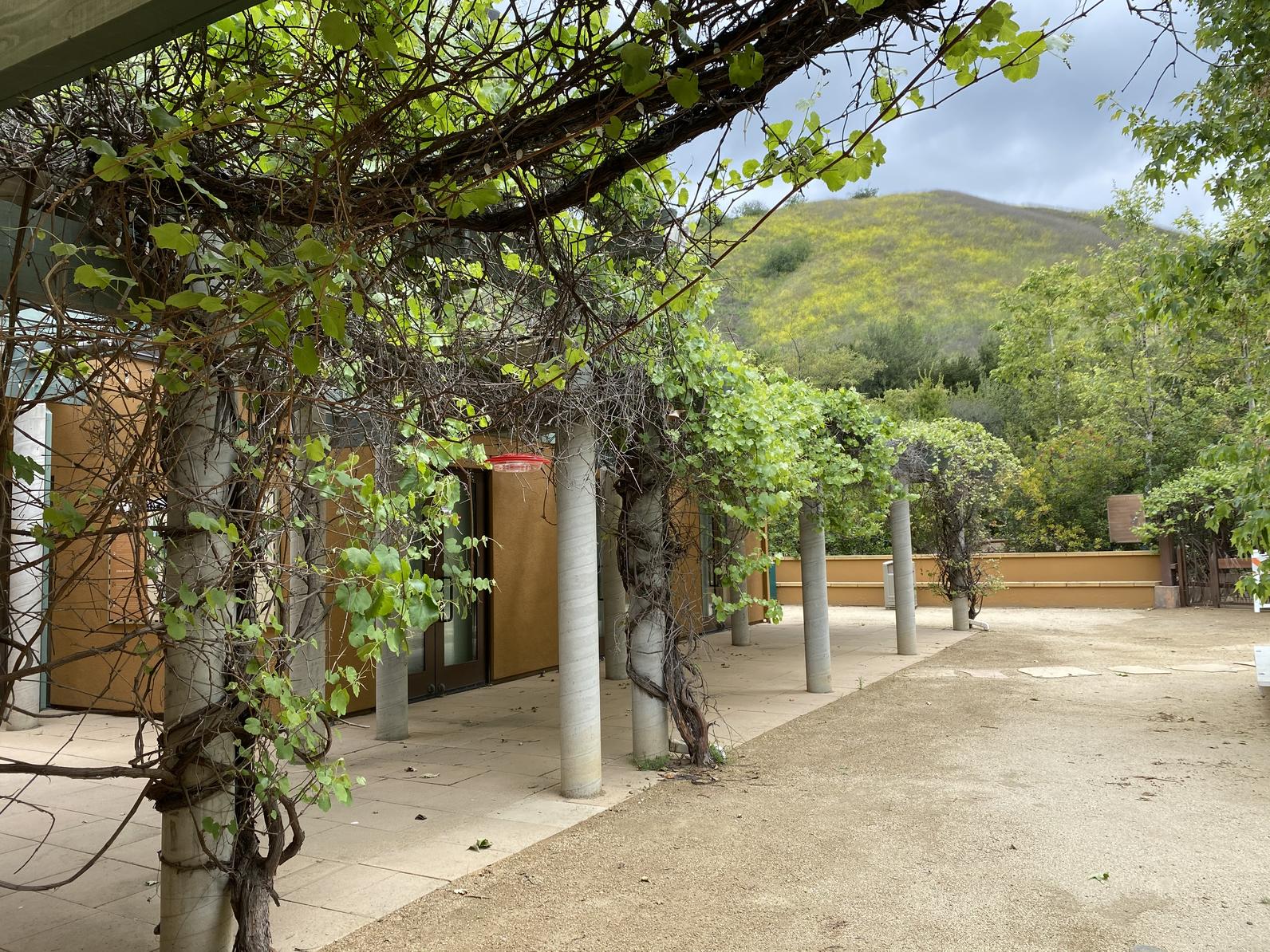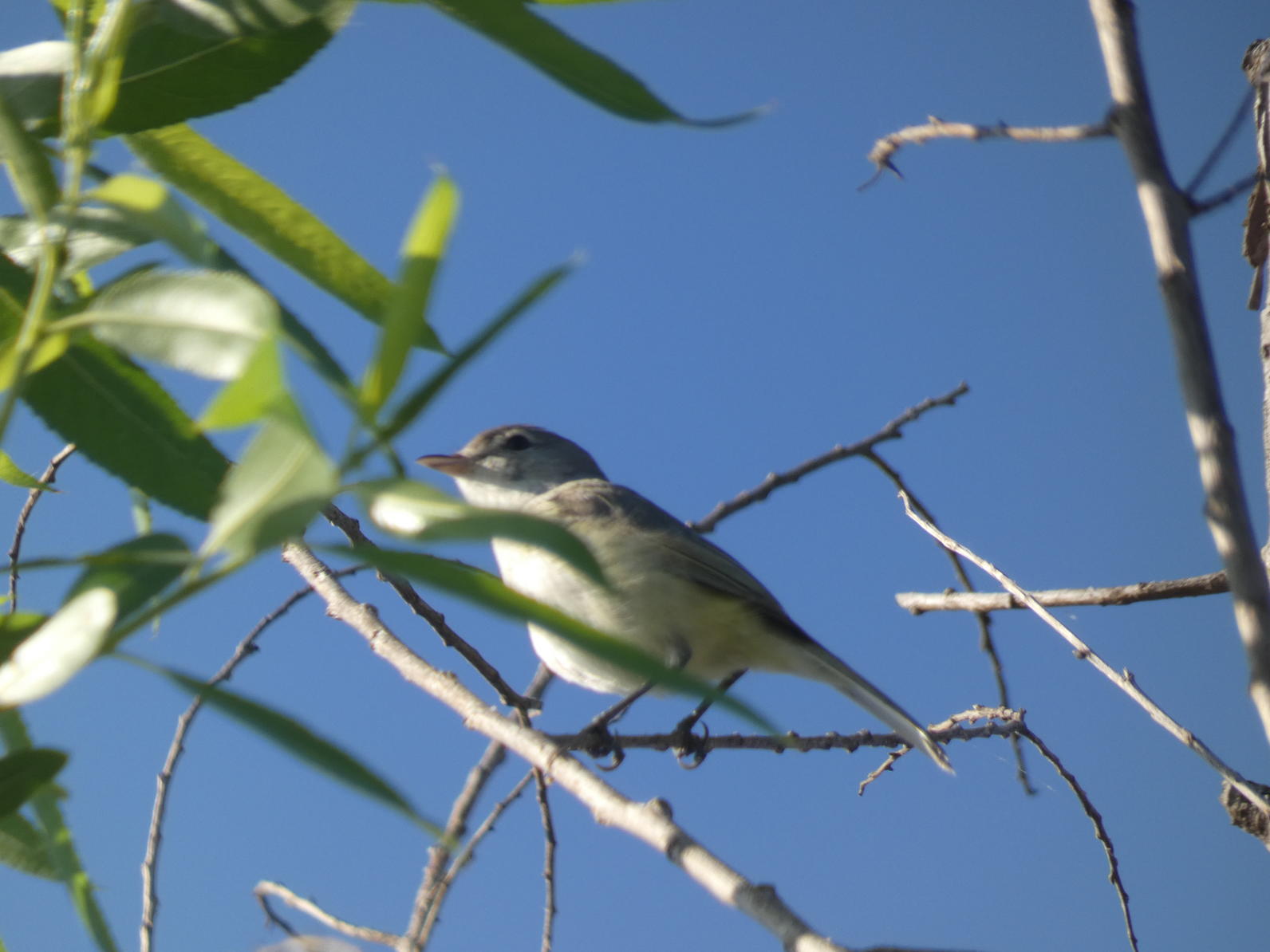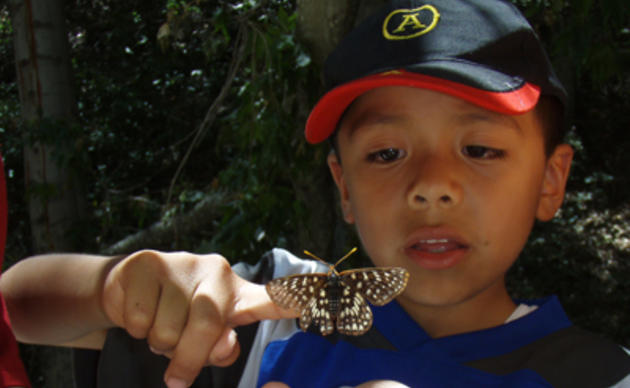
At the direction of the National Audubon Society, Audubon Centers across the country will remain closed to the public until at least June 30th. We will not be hosting any in-person community events during this time. However, our team continues to work hard from home to produce virtual content for our website and social media channels. You can check out this content on Instagram, Facebook, or the Audubon California Youtube channel - we have Backyard Birding Tips, Nature Arts & Crafts activities, and more!
At the direction of local public officials, the Debs Park trails are now reopened for pedestrian access. The parking lot off of Griffin Ave. adjacent to the Center will remain closed through June 30th, however the pedestrian gate has been reopened. We are happy that the local community can once again enjoy the park and take advantage of the healing qualities that nature has to offer, but please ensure that you are a wearing a mask and maintaining adequate social distancing measures if you choose to visit. Additionally, please be aware that gatherings of any kind are still prohibited.
We look forward to the time when we are able to once again gather in person, in whatever capacity that may look like. Although we are extremely grateful to live in a time where we can continue to connect virtually, we sincerely miss working alongside our valued volunteers, community members, and partners! Please let us know if there’s any way we can support you during this time.

While continuing our work at the Rio de Los Angeles State Park, Center Director Marcos Trinidad was able to see a least Bell's Vireo! This bird is a federally endangered species due to loss of riparian habitat and cowbird brood parasitism. This was an especially exciting sighting, as there were no recorded sightings of the least Bell’s vireo in the park since 2017 - this sighting will help us justify the designation of a portion of the LA River as an Important Bird Area (IBA), which would be a huge win in terms of habitat protection for our local and migratory birds.
Sign-up to receive updates on our events
We send out periodic emails about programs, events, and volunteer opportunities at the Center.




